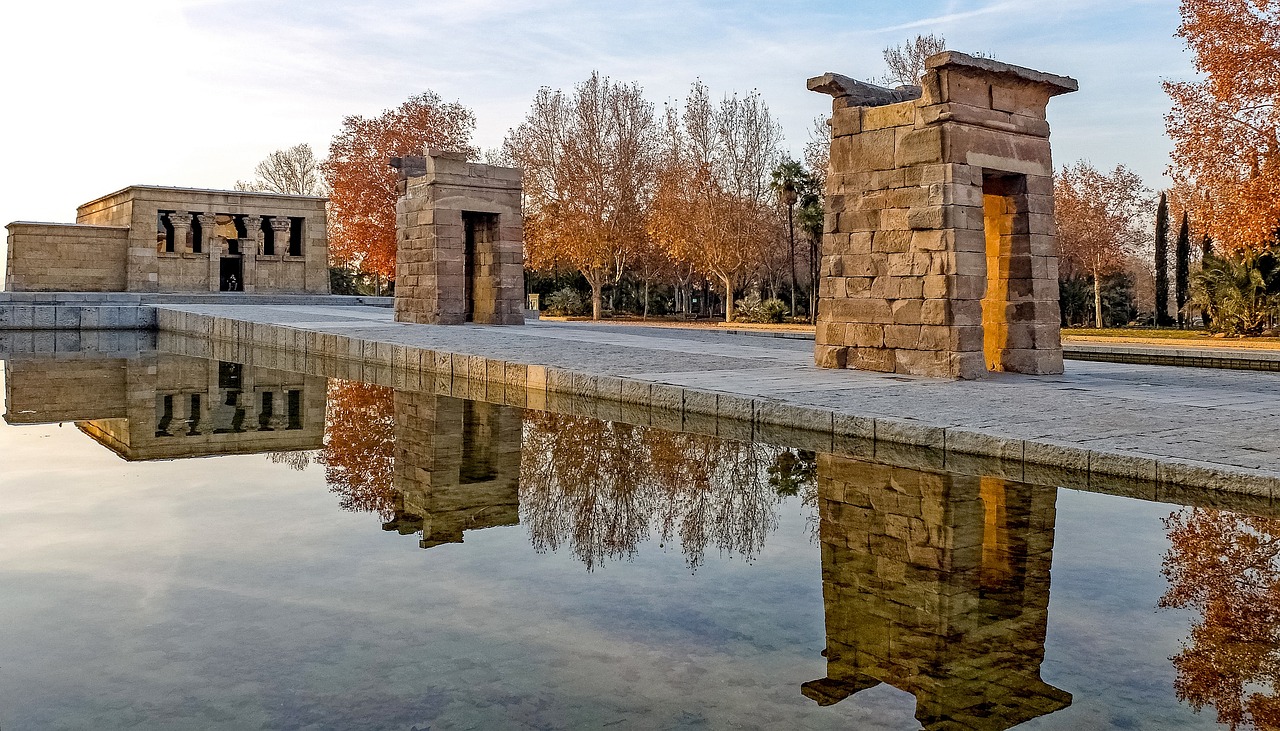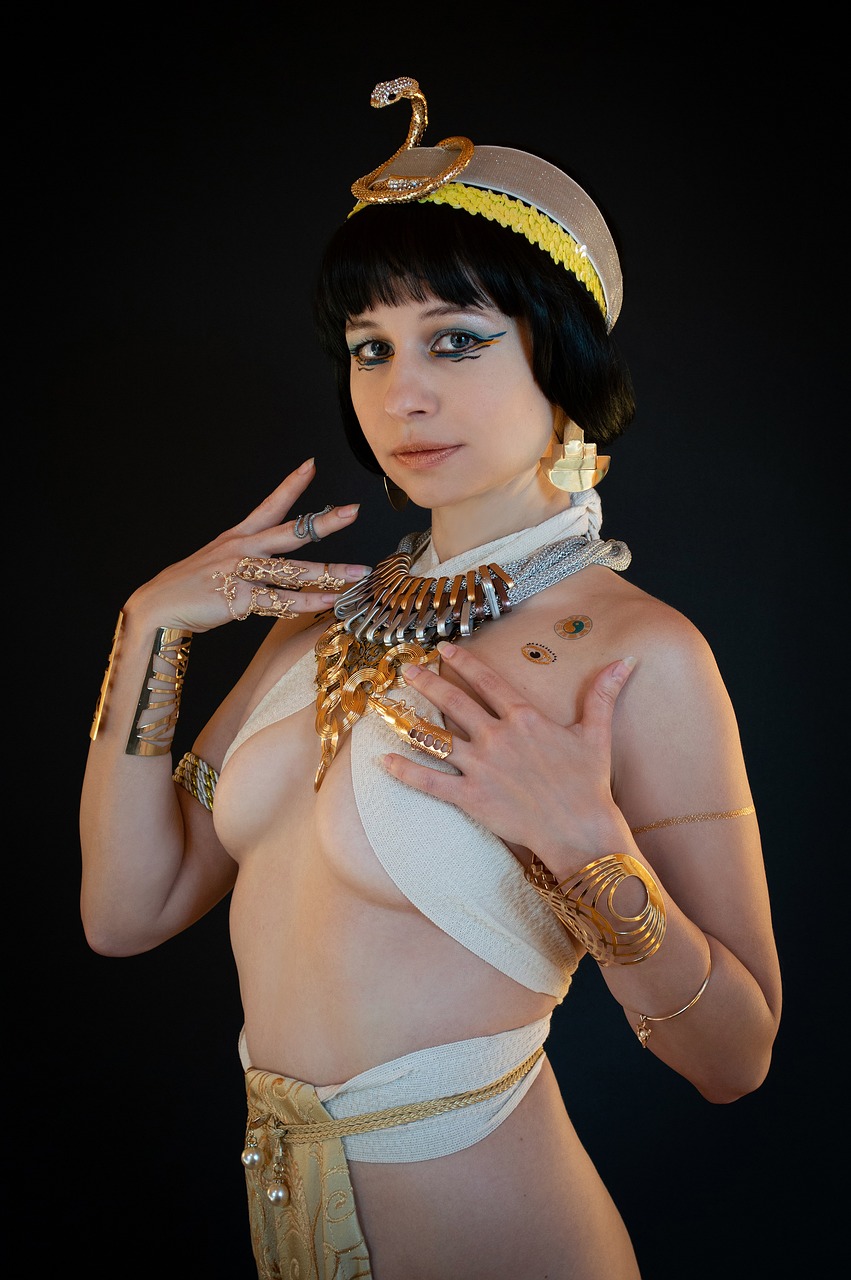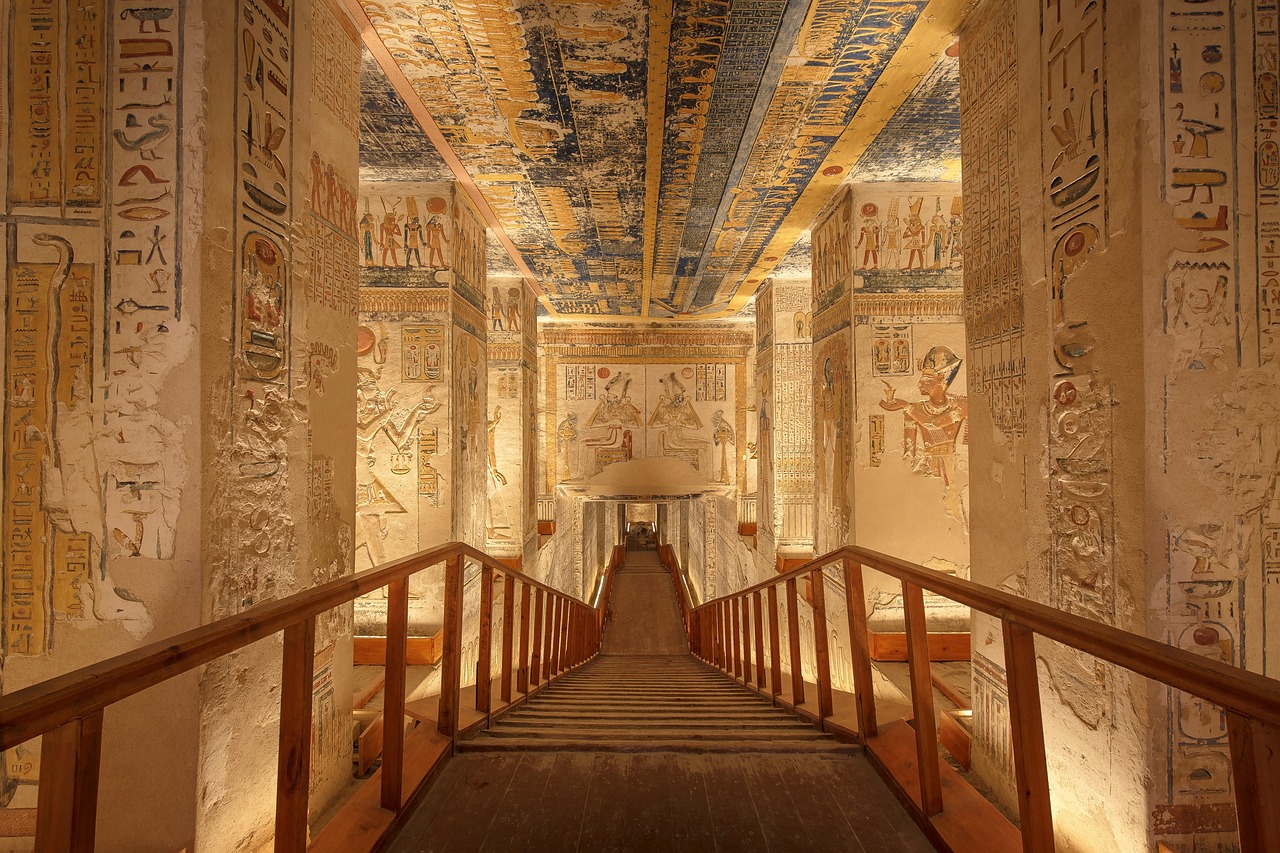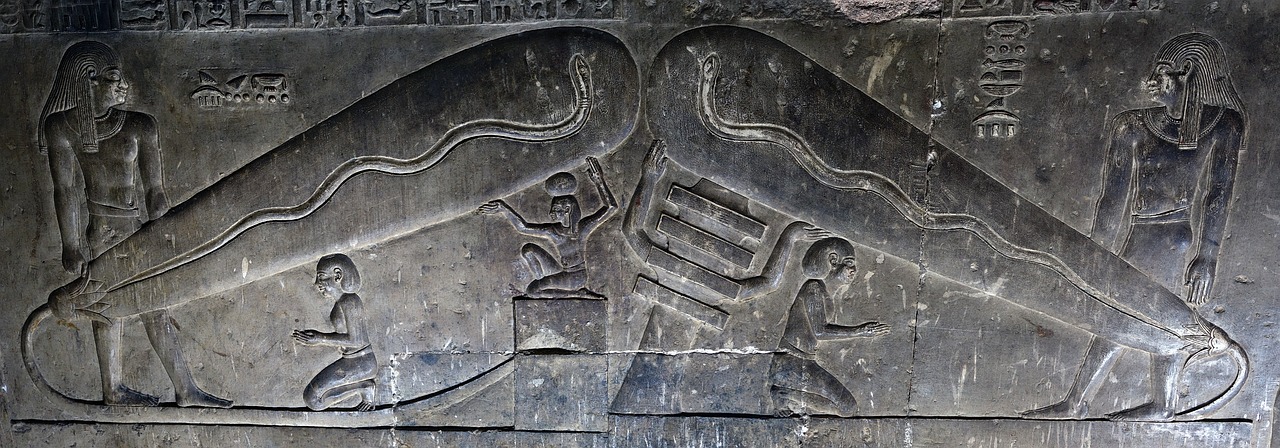Tag: ancient Egypt
-
Osiris, a pivotal deity in ancient Egyptian mythology, held significant importance due to his dual role as both a god of fertility and the ruler of the underworld. His origins can be traced back to the locality of Busiris in Lower Egypt, and evidence suggests he may have originally represented chthonic fertility. By circa 2400…
-
Memphis, known as the capital of ancient Egypt, served as a significant hub throughout the history of this civilization. Situated on the west bank of the Nile River, approximately 15 miles (24 km) south of present-day Cairo, Memphis is closely linked to the nearby necropolises housing some of Egypt’s most famous pyramids. This rich archaeological…
-
This week, my exploration centers on the goddess Neith, a fascinating figure in ancient Egyptian mythology. My initial intrigue with Neith began during my university studies, where I had the opportunity to select a theme for an assignment focused on Egyptian mythology. Throughout my education, I developed a keen interest in researching themes related to…
-
Amon, also known as Amun, Amen, or Ammon, is an ancient Egyptian deity esteemed as the sovereign of the gods. Initially recognized as one of the deities in the Hermopolite creation narrative, his following expanded in Thebes, where his influence grew significant under the reign of Mentuhotep I (2008–1957 BCE). During this time, Amon was…
-
In my previous discussion on the deity Ptah, I focused on his appearance and context, akin to a “Spotter’s Guide to Egyptian Deities.” Today, however, I wish to delve into the significance of Ptah and his essential role within the ancient Egyptian belief system. Recognized as a maker of various creations, Ptah’s influence spans both…
-
Ancient Egyptian religion refers to the spiritual beliefs and practices that were part of the societal framework of ancient Egypt, dating back to as early as the 4th millennium BCE and continuing until the decline of traditional culture in the first centuries CE. Understanding these religious paradigms requires contextualizing them within the extensive history of…
-
Serqet, also known as Serket, Selket, or Selqet, was a prominent scorpion goddess in ancient Egyptian mythology. Generally recognized for her protective qualities, she also exhibited a more menacing aspect. Serqet was believed to have control over venomous creatures such as snakes and scorpions, much like the deities Meretseger and Isis. It was thought that…
-
Ancient Egyptian religion encompasses the intrinsic spiritual beliefs of ancient Egypt, stretching from the predynastic era (around the 4th millennium BCE) until the gradual decline of traditional customs in the early centuries of the Common Era. To grasp the historical context, a review of Egypt’s history is invaluable. Historical Context and Nature of Beliefs Religious…
-
This week, my focus is on the ancient goddess Neith. My fascination with her began during my university studies when I was tasked with an assignment on Egyptian mythology. As I delved into various topics, particularly related to gender, funerary practices, and mythology, Neith naturally captured my interest. Her titles like ‘Mistress of the Bows’…
-
A young woman stands in front of her mirror, meticulously applying dark eyeliner. After taking a moment to examine her handiwork, she nods in satisfaction with the results. Before she moves away, her eye catches a gold bracelet, which features an elaborate design of a woman adorned with a cow-horned headdress. Sliding the bracelet up…







